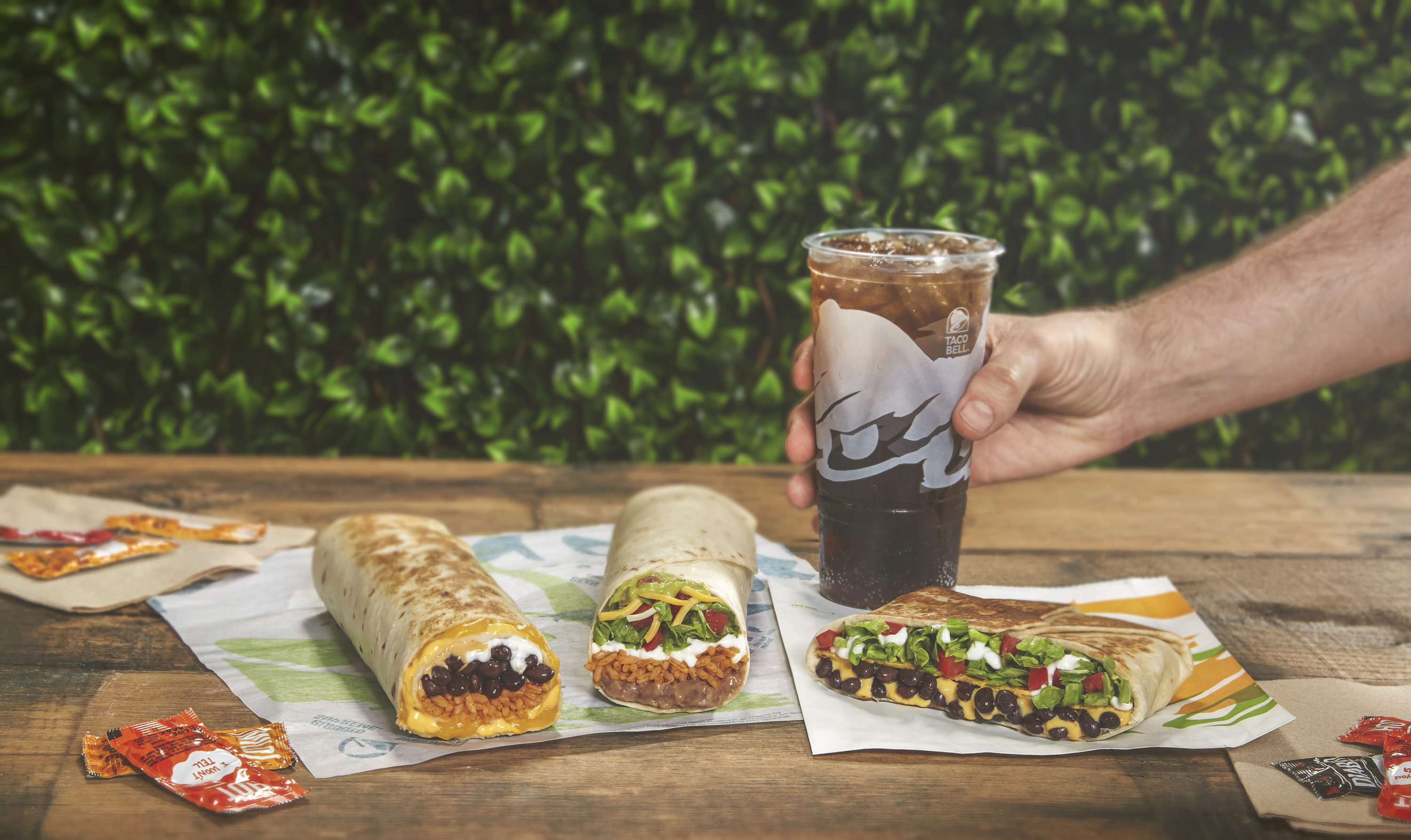Taco Bell Starts Testing Dedicated Vegetarian Menu

Photo Credit: Taco Bell will test its new vegetarian menu items in Dallas starting April 4. Taco Bell
Skift Take
Vegetarian offerings are basically table stakes for fast food at this point, and Taco Bell is capitalizing on the success its already seen by offering a dedicated vegetarian menu within its own mobile app.


